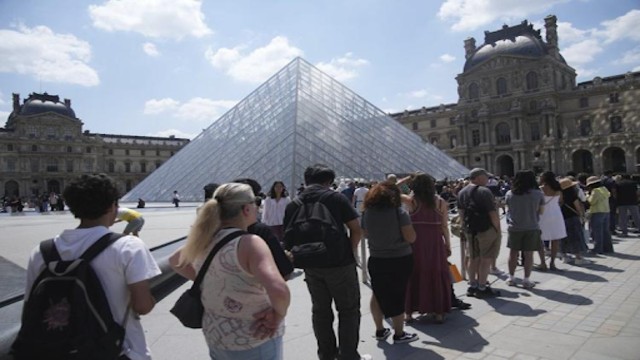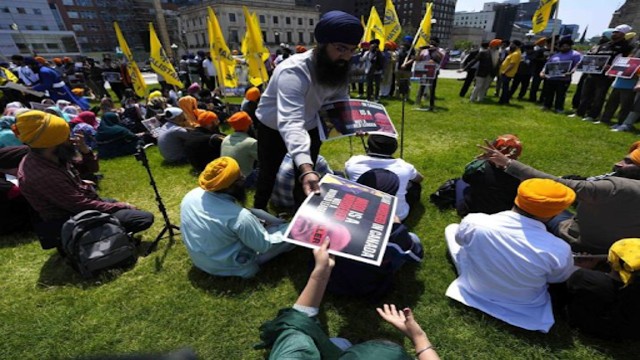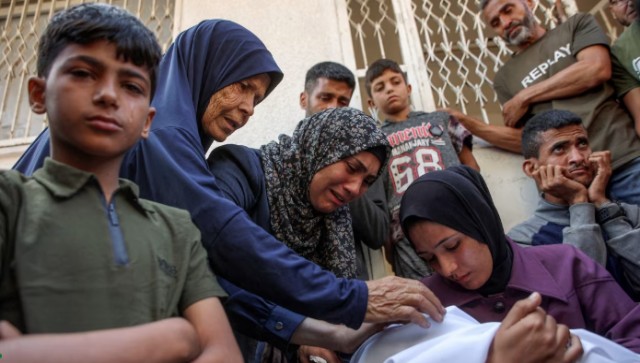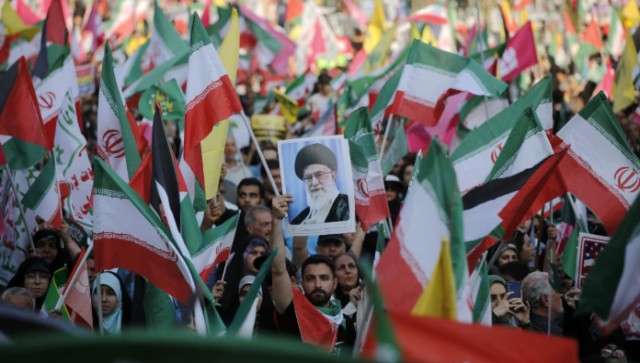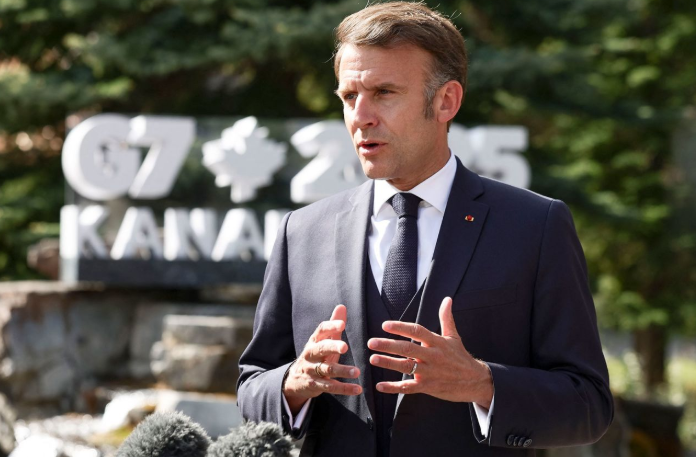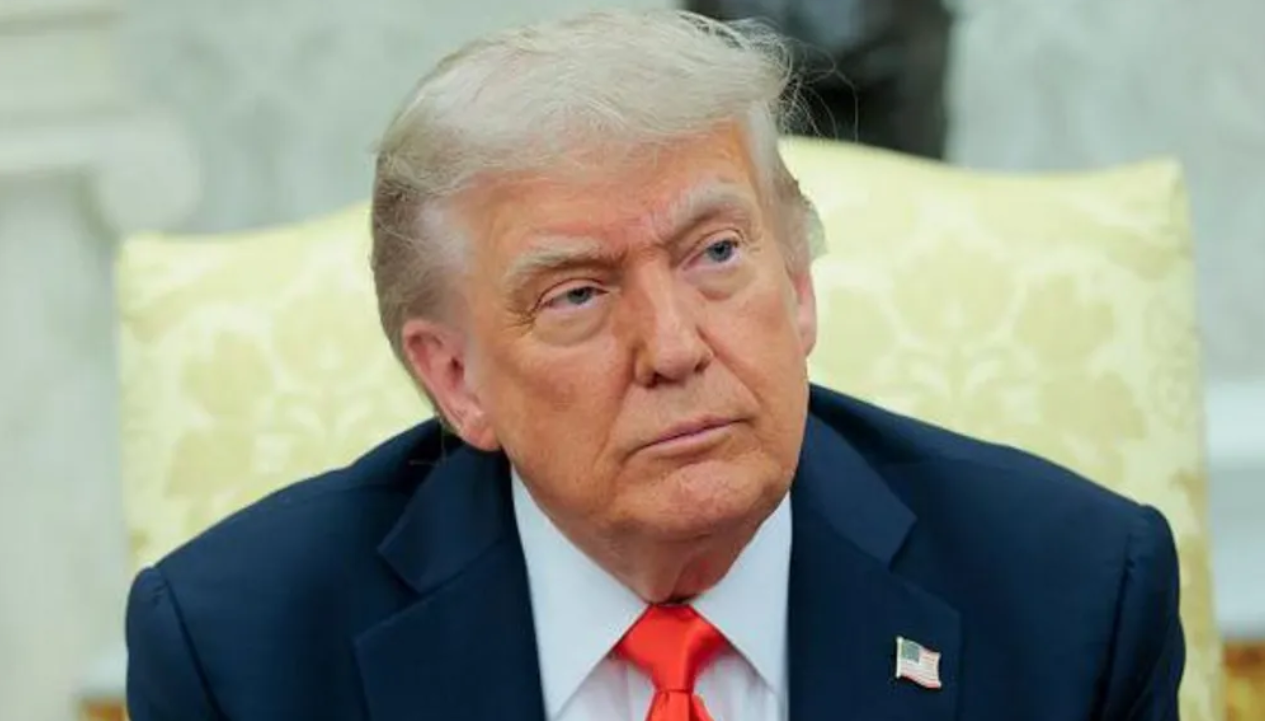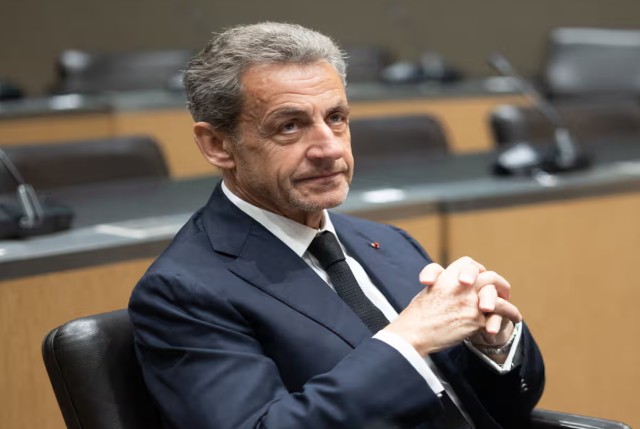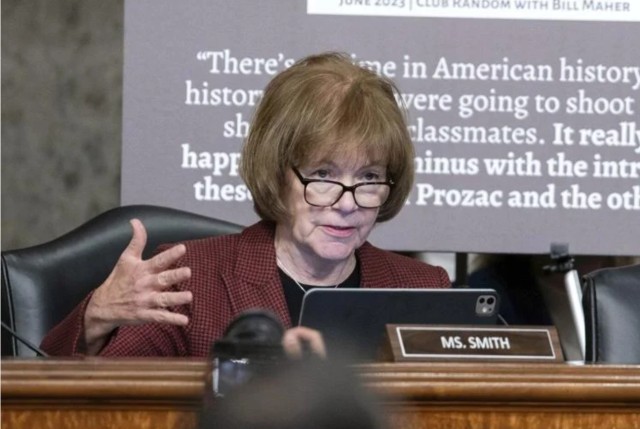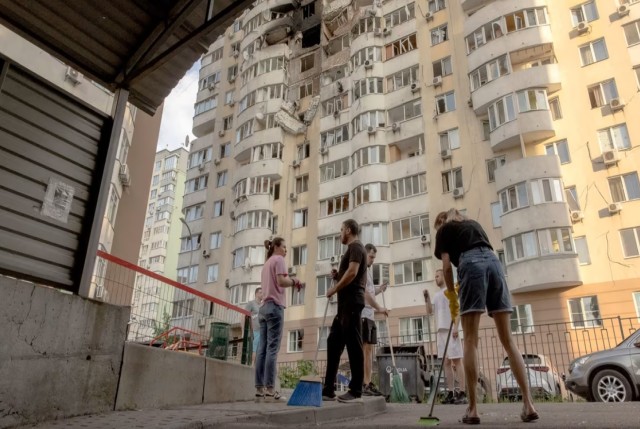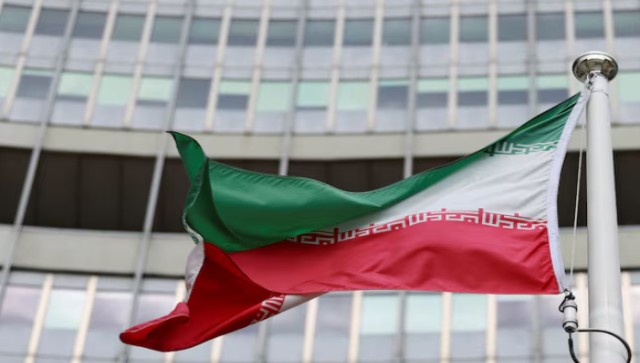
The Iranian flag flutters outside the IAEA headquarters in Vienna, Austria, June 9, 2025.
Iran is now weighing a bold move that could shake global nuclear politics — leaving the Nuclear Non-Proliferation Treaty (NPT). While no official decision has been made, Iranian lawmakers are drafting a bill that may lead to Tehran's withdrawal from the decades-old agreement.
This development comes in the wake of increased regional tension and Israel's recent military strikes, which targeted Iranian sites under the claim that Tehran is close to developing a nuclear bomb. Iran denies these claims and insists its nuclear program remains peaceful.
Parliament Drafts Bill on NPT Withdrawal
Iran's Foreign Ministry confirmed that the bill is currently under preparation, though it remains in the early stages. Ministry spokesperson Esmaeil Baghaei stated the government must follow laws passed by parliament but clarified that the proposal is still being discussed.
“We will make decisions according to developments,” Baghaei said. “The bill is not finalized yet. Coordination will take place once it progresses further.”
Iran joined the NPT in 1970, agreeing not to seek nuclear weapons in exchange for the right to develop civilian nuclear energy. It also pledged to cooperate with the International Atomic Energy Agency (IAEA), the global nuclear watchdog. However, tensions have escalated since the IAEA recently declared Iran in violation of some of its NPT obligations.
Religious Ruling Still Opposes Nuclear Weapons
President Masoud Pezeshkian reinforced Iran’s long-standing position against building nuclear arms. He pointed to a religious edict issued by Supreme Leader Ayatollah Ali Khamenei, which prohibits the development of such weapons. According to Pezeshkian, Iran remains committed to that principle, even as military pressure increases.
Still, Iran’s internal politics suggest the possibility of a shift. State media reports that no decision has been finalized, while parliamentarians confirm the proposed bill is still in its legal infancy. But the fact that it’s being discussed at all signals a shift in tone.
Israeli Strikes Trigger Tense Reactions
The timing of Israel’s airstrikes adds fuel to the fire. Israeli officials claimed their action was preemptive, aimed at halting Iran’s alleged nuclear ambitions. Tehran, however, views the strikes as unjustified aggression. Baghaei argued that the real trigger for Israel’s actions was the recent IAEA resolution criticizing Iran.
“Those who supported the IAEA resolution paved the way for Israel’s attack,” he said, blaming international pressure for heightening the conflict.
Double Standards in the Region
Baghaei also pointed out the region's nuclear hypocrisy. Israel, despite its powerful military stance and assumed nuclear arsenal, has never joined the NPT. It neither confirms nor denies possessing nuclear weapons, yet remains free from the treaty’s restrictions and inspections.
“The Zionist regime is the only possessor of weapons of mass destruction in the region,” Baghaei said, underscoring what Tehran views as a dangerous imbalance in international enforcement.
Global Stakes Remain High
Iran’s potential exit from the NPT would be a major blow to international nuclear diplomacy. The treaty is a cornerstone of global efforts to prevent the spread of nuclear weapons. If Iran withdraws, it could set off a chain reaction, inspiring other nations to reconsider their commitments.
For now, Iran’s official stance remains that it will coordinate with parliament before any final decision is made. But with tensions at a boiling point, the world is watching closely.



